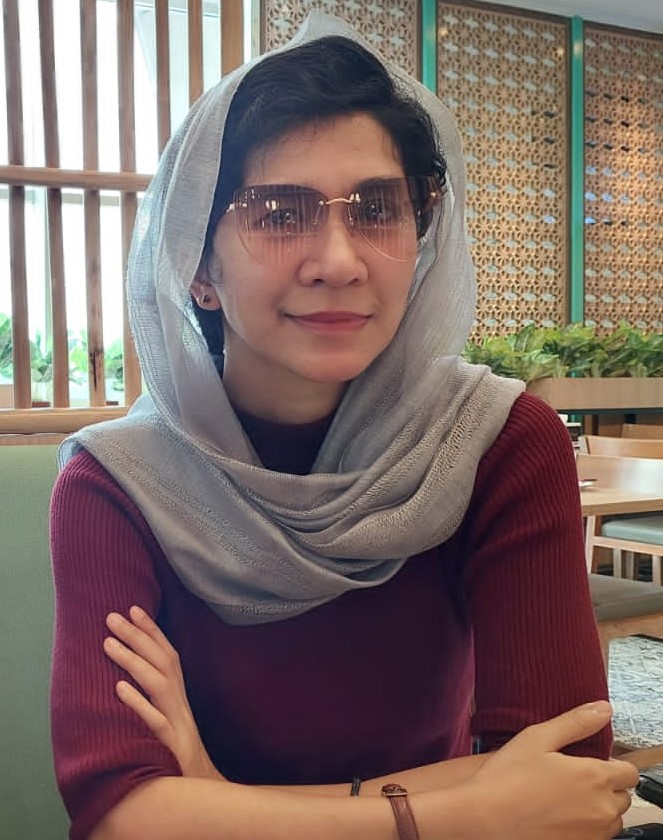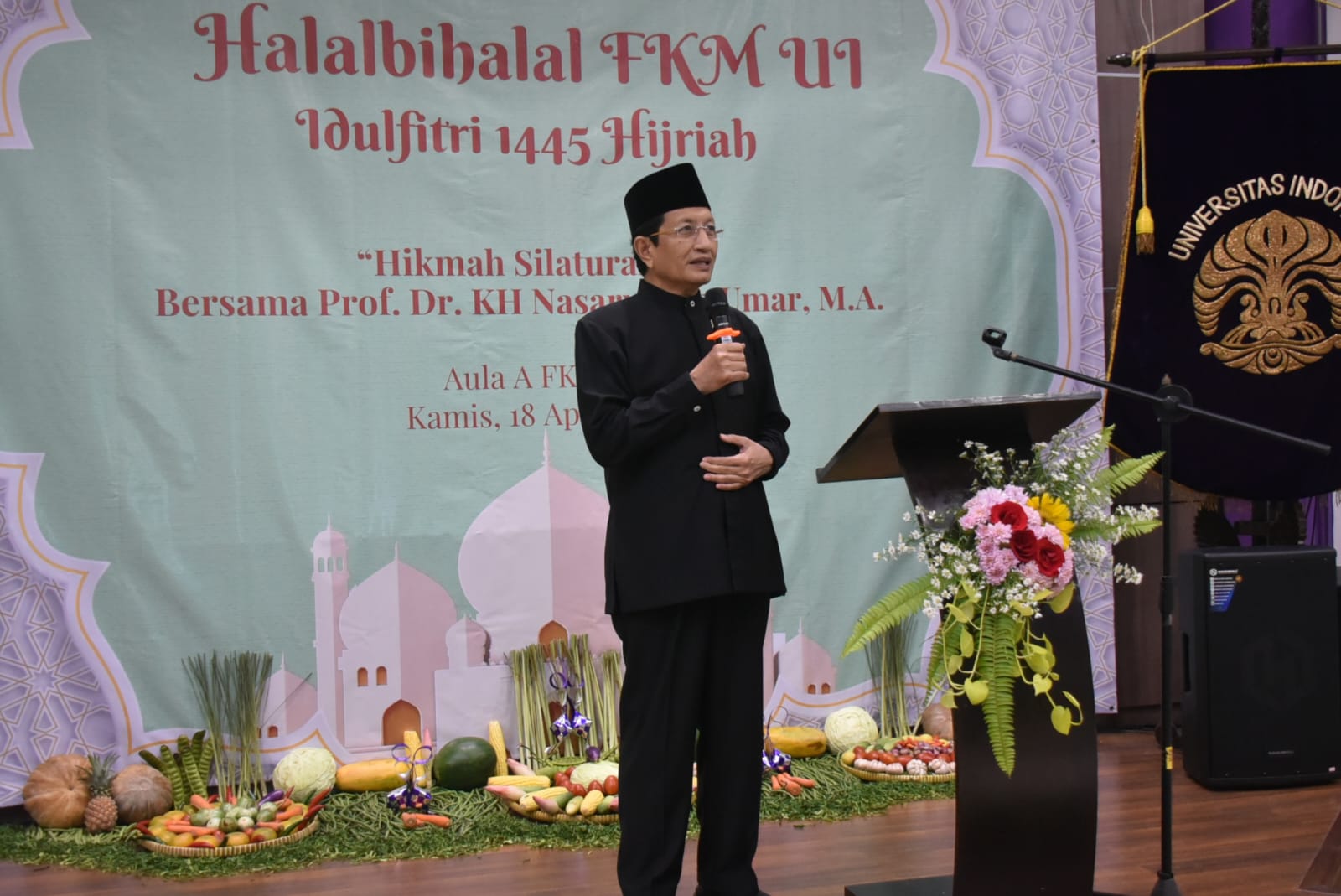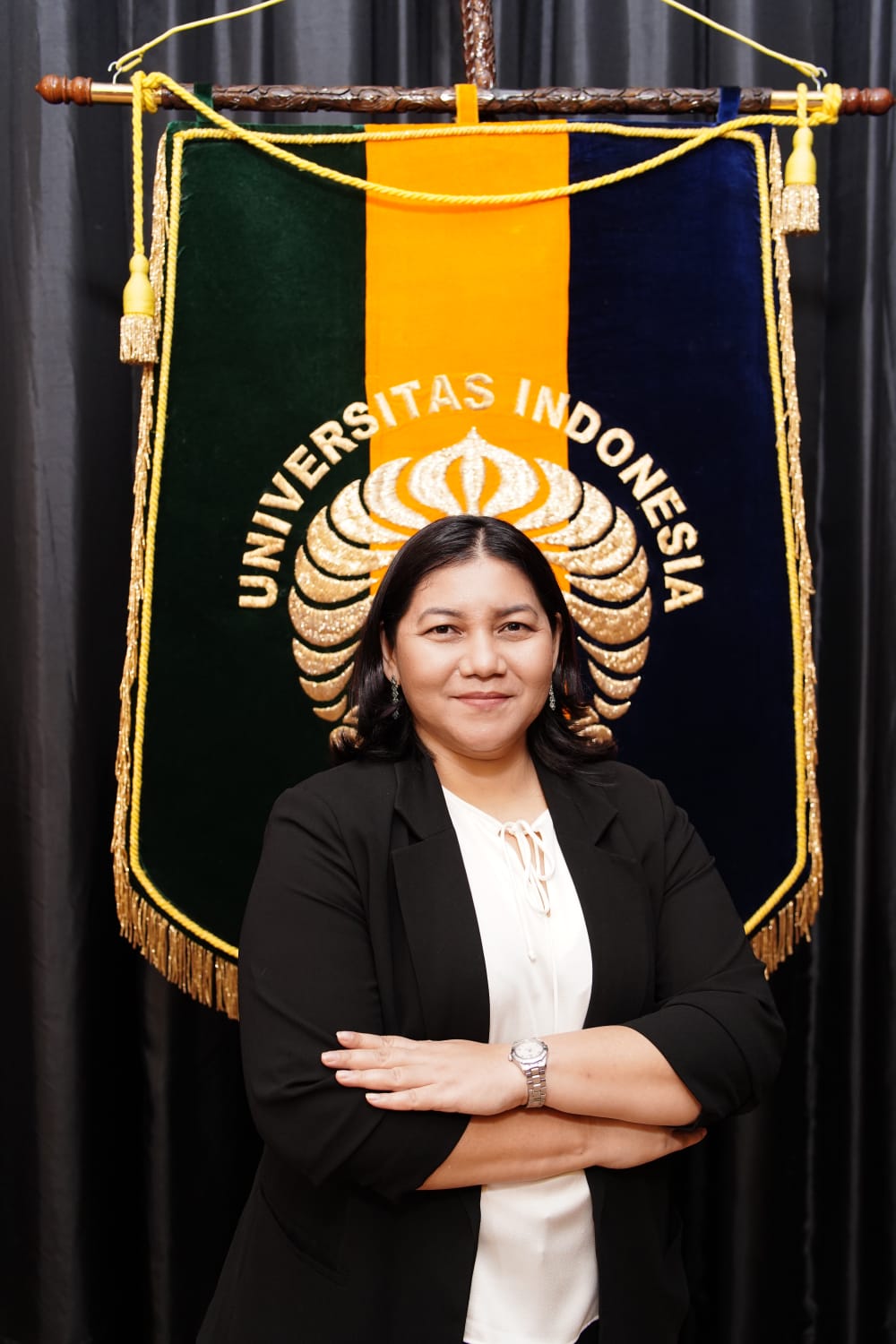
So far, X-rays for patients have to be carried out with large equipment in certain rooms so that people have to go to the hospital and patients in the hospital have to move to a special room. This impracticality has prompted Fujifilm Indonesia, through a collaborative program with the Universitas Indonesia Hospital (RSUI) and the Japan International Cooperation Agency (JICA), to present the FDR Nano—an installation of Mobile Digital X-Ray with Artificial Intelligence (AI) technology.
Universitas Indonesia Hospital (RSUI) was chosen to be the first partner to use the FDR Nano installation in Indonesia. The use of the FDR Nano installation supports development programs and health services, especially for patients and the Indonesian people. FDR Nano helps healthcare professionals speed up the diagnosis of various diseases. For example, when the FDR Nano is transferred to a Covid-19 patient isolation room, the diagnosis of Covid-19 signs is more efficient.
FDR Nano was chosen because it has many advantages. The installation is equipped with a new image processing kit that allows linking with software such as Artificial Intelligence-Computed Aided Diagnosis (AI-CAD). The size of the FDR Nano is lighter so it is easy to carry anywhere. In addition, the FDR Nano is easy to operate and produces much less radiation.
According to the President Director of Universitas Indonesia Hospital (RSUI), Dr. dr. Astuti Giantini, Sp.PK(K), MPH, the advantages of FDR Nano technology make it easier for health workers to work. “Installation of innovative tools at Universitas Indonesia Hospital (RSUI) really supports the health services provided to patients. Furthermore, the improvement of services provided by health workers can be evidence that the quality of health services in Indonesia is increasingly sophisticated, fast, and easily accessible to the public,” said Dr. Astuti at the FDR Nano launch event.
The official inauguration of the FDR Nano was attended by the Secretary of Universitas Indonesia (dr. Agustin Kusumayati, M.Sc., Ph.D), the Dean of the Universitas Indonesia Faculty of Medicine (Prof. Dr. dr. Ari Fahrial Syam, Sp.PD-KGEH), Managing Director of Fujifilm Asia Pacific ( Haruto Iwata), and President Director of Fujifilm Indonesia (Masato Yamamoto). The signing of this collaboration was held in Meeting Room 2, 2nd Floor, Administration Building of Universitas Indonesia Hospital (RSUI) Depok, last Friday (18/3).
Haruto Iwata said that the FDR Nano technology is the result of Fujifilm’s long journey in the health sector. Various parts of the world, including Asia-Pacific, appreciate the superior innovation presented by Fujifilm. By combining exclusive technologies, products and services, Fujifilm is making innovation efforts to present a healthier Indonesia.
“We are grateful and proud to be able to introduce this solution for the first time at a leading university hospital in Indonesia, namely RSUI. We are determined to help improve access to health check services at Universitas Indonesia Hospital (RSUI),” said Haruto Iwata on the occasion.
Fujifilm’s idea is in line with Universitas Indonesia Hospital (RSUI)’s vision and mission, which is to become a world-class teaching hospital by 2030, provide comprehensive interprofessional education in the health sector, and provide comprehensive health services. According to dr. Agustin, the FDR Nano installation is the starting point for improving health services in the country because of technological innovation from Fujifilm combined with the professionalism of Universitas Indonesia and Universitas Indonesia Hospital’s human resources.
“I am sure that the collaboration between Universitas Indonesia Hospital, Fujifilm, and JICA will produce something good in the future. It is hoped that further collaboration will continue so that the progress of services, education, and research in the health sector can be achieved,” said dr. Agustin after signing the cooperation.
Writer: Vinny SHoffa| Editor: Sasa



